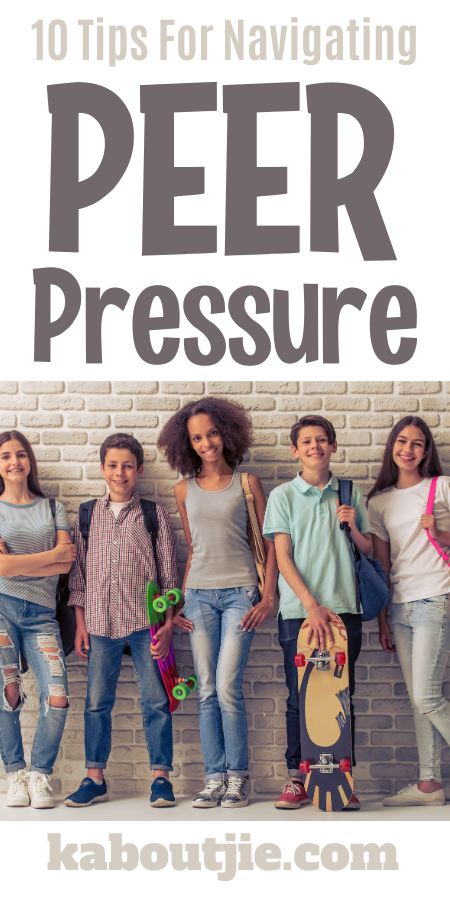In the intricate journey of childhood and adolescence, peer pressure emerges as a formidable force. Whether it’s the allure of fitting in or the fear of missing out, children and teenagers often find themselves grappling with decisions influenced by their peers. As parents, guardians, or mentors, our role in guiding them through these turbulent waters is paramount. Let’s delve into some effective strategies for helping kids deal with peer pressure.

Foster Open Communication
The cornerstone of any healthy relationship, open communication lays the foundation for trust and understanding. Encourage your children to share their experiences and concerns without fear of judgment. By fostering an environment of open dialogue, you create space for them to seek guidance when faced with peer pressure dilemmas.
Teach Assertiveness
Empower your children with assertiveness skills to confidently navigate peer interactions. Role-play scenarios where they can practice saying “no” assertively and respectfully. Emphasise that it’s okay to stand up for their beliefs and values, even if it means going against the crowd.
Build Self-Esteem
A strong sense of self-worth serves as a shield against the negative effects of peer pressure. Celebrate your children’s strengths and encourage them to pursue their interests and passions. By instilling confidence in their abilities, you equip them with the resilience to resist peer influence.
Set Clear Boundaries
Establish clear boundaries and expectations regarding behaviour and decision-making. Discuss the potential consequences of succumbing to peer pressure while emphasising the importance of making choices aligned with their values. Consistent reinforcement of boundaries cultivates a sense of responsibility and autonomy.

Encourage Critical Thinking
Equip your children with critical thinking skills to evaluate the influence of peer pressure objectively. Teach them to question the motivations behind peer suggestions and consider the potential outcomes of their decisions. By fostering a habit of thoughtful reflection, you empower them to make informed choices.
Provide Positive Peer Connections
Encourage your children to cultivate healthy friendships with peers who share similar values and interests. Positive peer relationships serve as a support network, offering validation and encouragement in times of uncertainty. Foster opportunities for them to engage in activities where they can meet like-minded individuals.
Lead By Example
As role models, your actions speak louder than words. Demonstrate healthy decision-making and assertiveness in your own interactions. Show your children that it’s okay to respectfully decline peer pressure and prioritise personal values over social acceptance.
Offer Support And Guidance
Be a source of unwavering support and guidance as your children navigate the complexities of peer relationships. Reassure them that you’re always there to listen, offer advice, and help them problem-solve. Create a safe space where they feel comfortable seeking guidance without fear of judgment.
Teach Coping Strategies
Equip your children with coping strategies to deal with peer pressure-induced stress or anxiety. Encourage activities such as mindfulness, journalling, or engaging in hobbies to alleviate negative emotions. Teach them the importance of self-care and stress management techniques.
Celebrate Resilience
Celebrate your children’s resilience and courage in standing up to peer pressure, regardless of the outcome. Acknowledge their efforts and reinforce the importance of staying true to themselves, even in the face of adversity. Every experience becomes a learning opportunity for growth and self-discovery.
Helping kids deal with peer pressure is a multifaceted endeavour that requires patience, empathy, and proactive guidance. By fostering open communication, teaching assertiveness, and building self-esteem, we empower them to navigate peer interactions with confidence and integrity. Through our unwavering support and guidance, we illuminate the path towards self-discovery and resilience, ensuring that they emerge stronger and more resilient individuals. Together, let’s be their guiding lights in the journey of adolescence.
 Kaboutjie SA Mommy Blogs by Lynne Huysamen
Kaboutjie SA Mommy Blogs by Lynne Huysamen




